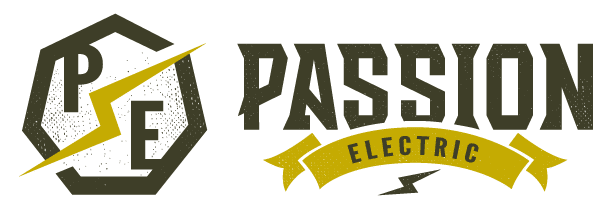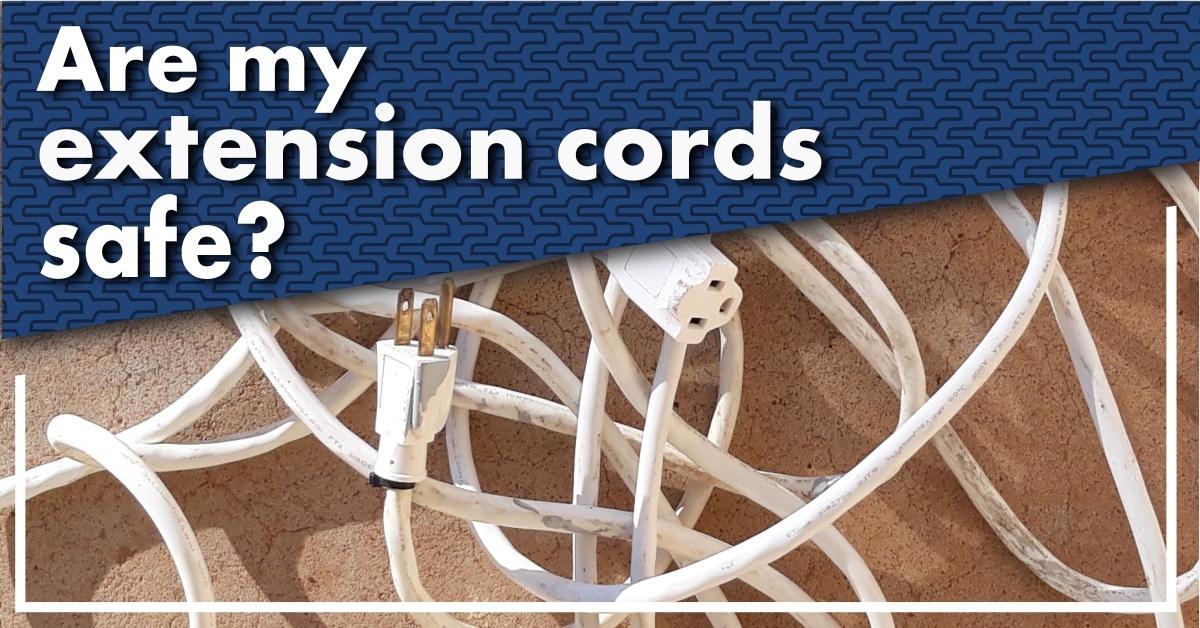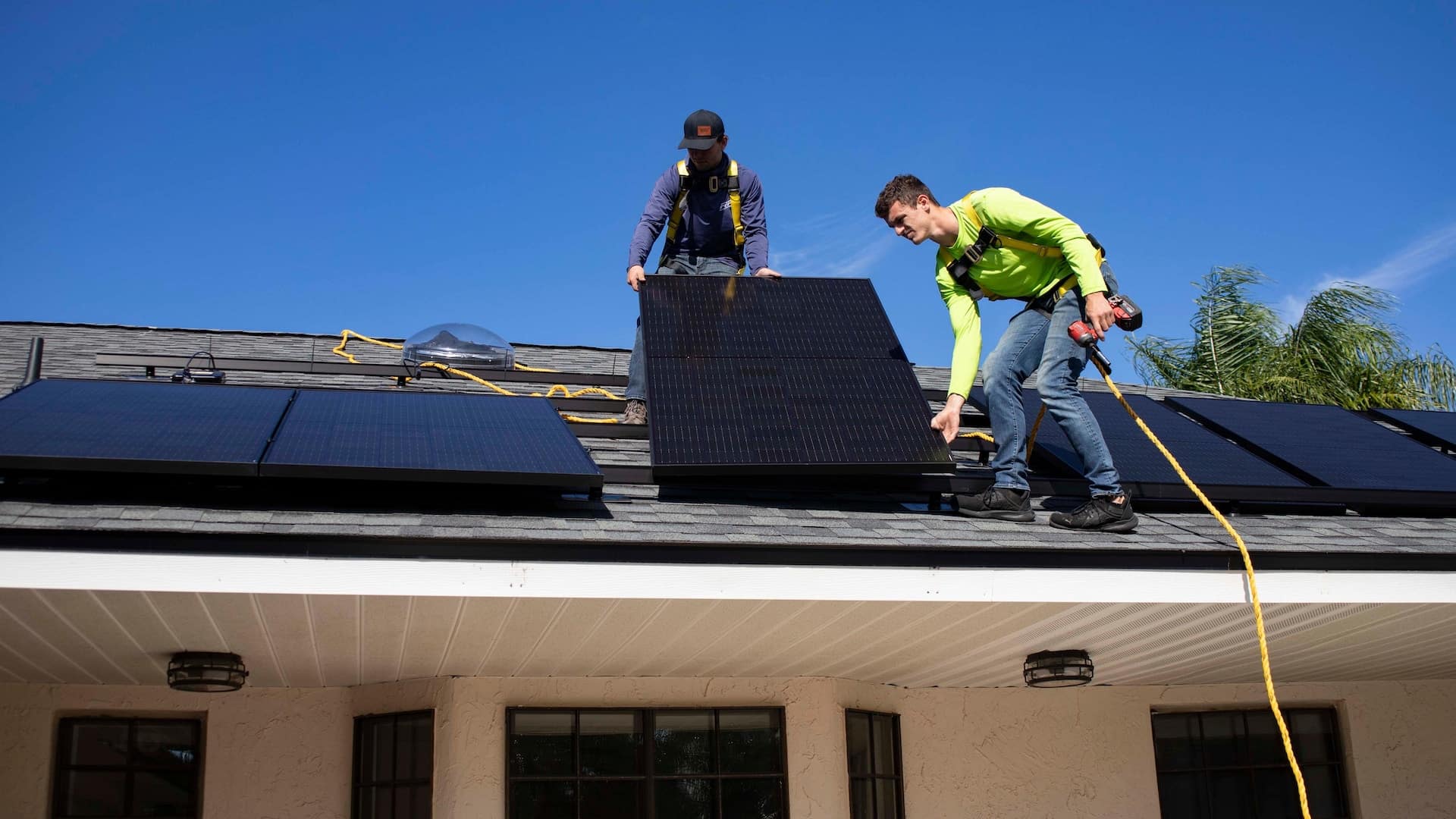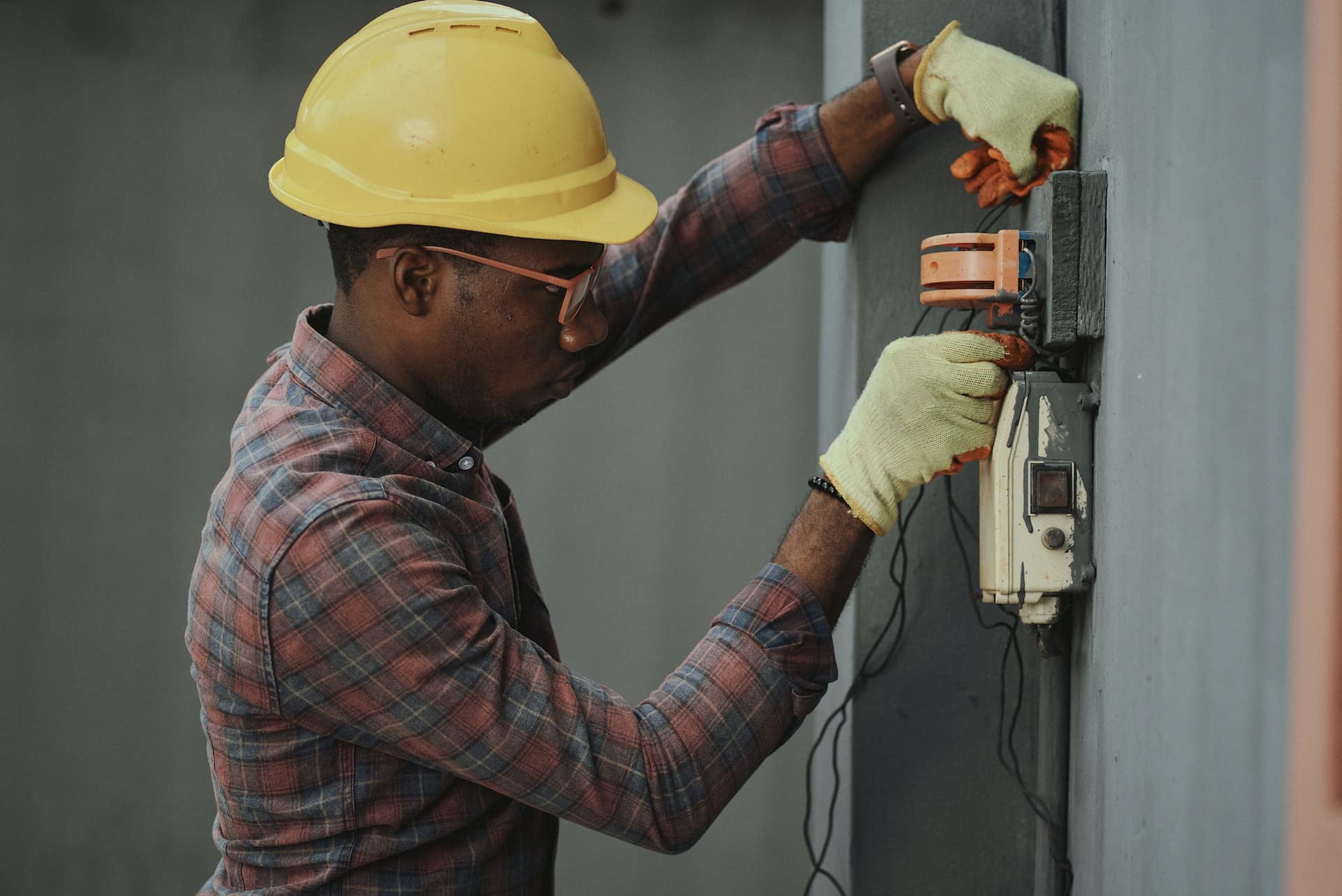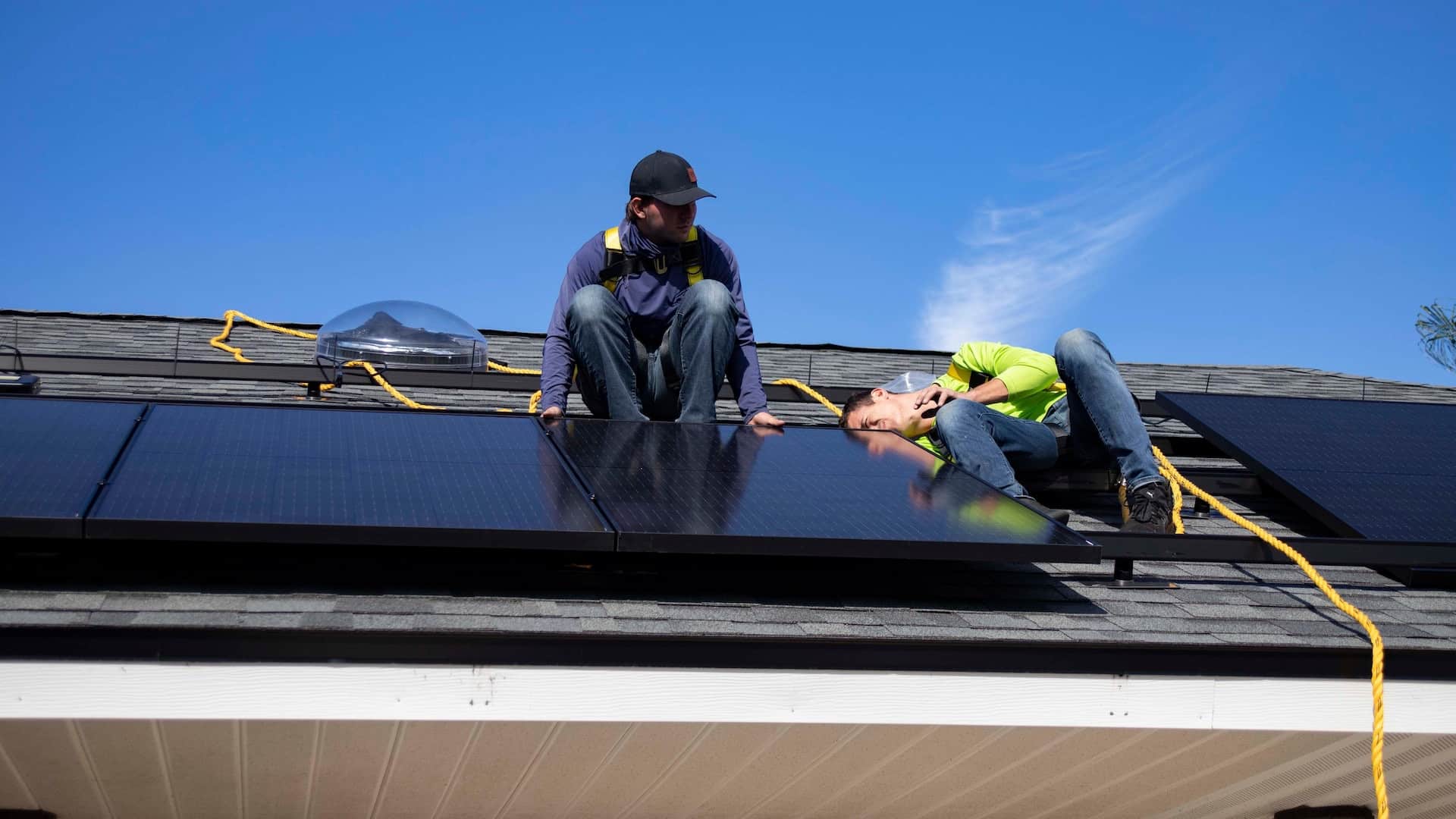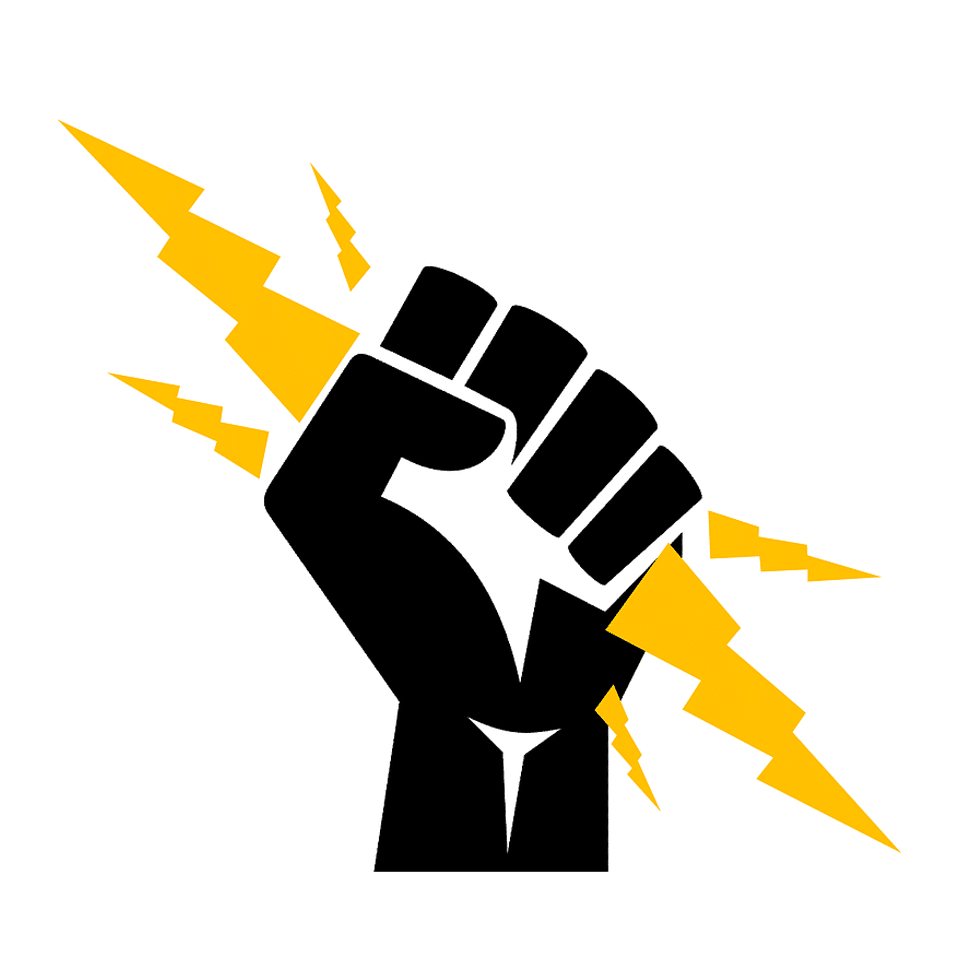Whether the cord to your laptop isn’t long enough or it’s time to hang Christmas lights you might be tempted to turn to an extension cord. While some extension cords are safe to use, some can have faulty electrical safety. Extension cords can overheat, cause shocks or become overloaded, electrical safety is important. Before you go out to your local big box store and pick up the cheapest cord, here are some things to look out for:
Make sure your extension cords have the right electrical safety features.
Your extension cord should have some safety features. These features will help keep you, your home, and your family safe! If you have a cord that’s missing any of these safety features; it is best that you discard the cord.
- Safety closures help prevent shocks and help keep children safe from mouth burns.
- Polarized blades provide a safety measure for your devices and the house wiring. There should be a wide blade and a narrow blade, and they should correspond with the outlet.
- A large plug face and a grip for removal will cover the outlet and make removal much easier and safer. The grip is more important than you’d think, improper removal of the cord can cause damage to the outlet and the extension cord.
- Use only AWG 16 cords or AWG 18 with fuse protection. This indicated the size of the wire in the cord. This affects how much the wire will heat up and the amount of current that the wire can carry.
- Make sure the cord has been tested by a national testing laboratory: such as Underwriters Laboratories, Intertek, or CSA- International.
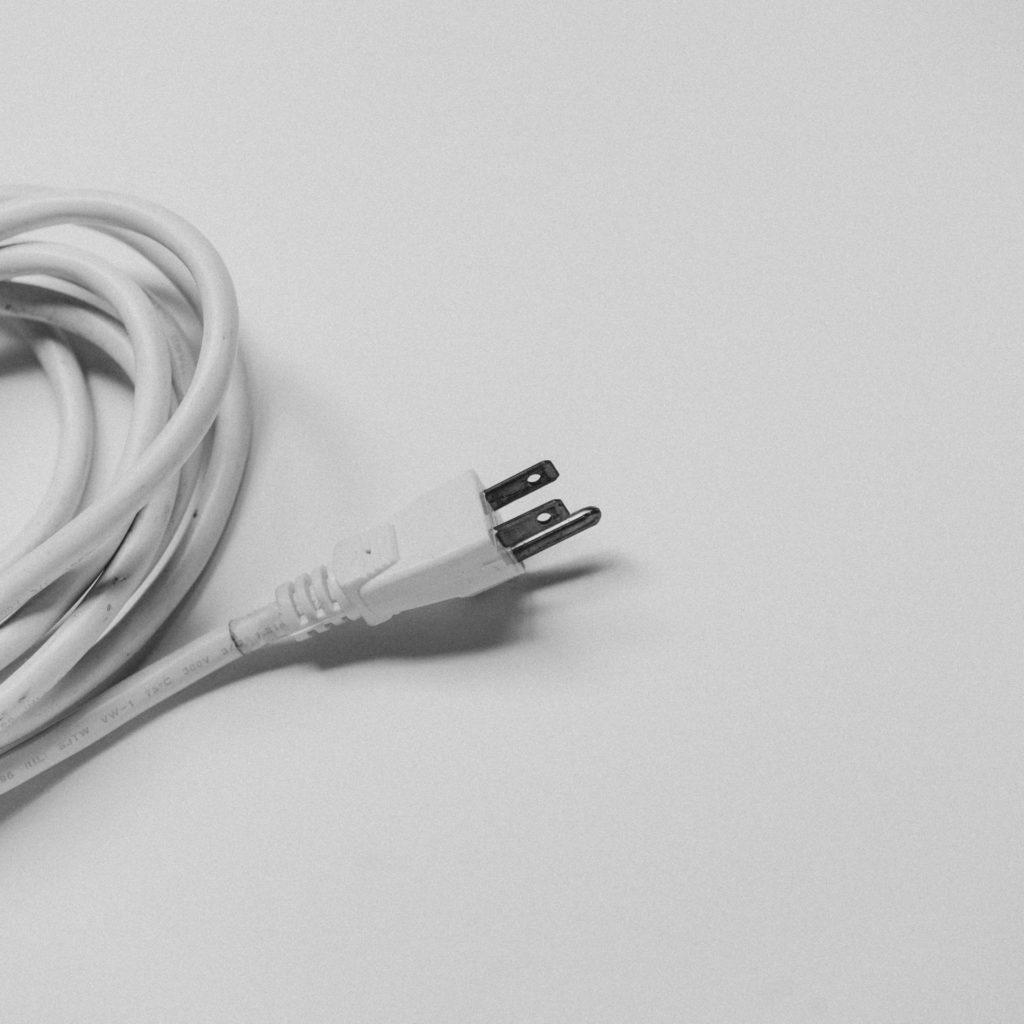
Keep your extension cords from damage.
Damaged extension cords can cause some serious problems, but there are some ways you can prevent damage to your extension cords and improve electrical safety.
- Don’t run your extension cords under couches, chairs, shelves, or other furniture.
- be sure not to run extension cords through doorways where the cord can get pinched or worn.
- Do not run extension cords under rugs or carpets.
- Never use indoor extension cords outdoors. You should only use cords designed for outdoor use.
Unplug your extension cords when they’re not being used.
Did you know that extension cords continue to use energy while they’re plugged in? If there is a short, the extension cord can overheat. It’s best to unplug the extension cord while it isn’t in use. This is considered an electrical safety best practice. You don’t need to keep your extension cord wrapped up, rolled up, or otherwise organized, but we think it helps keep the longevity of the cord higher.
Don’t alter or repair extension cords.
It can be dangerous to attempt lengthening your extension cord, it’s safest to buy the length you require. Also, if there are exposed wires or damaged insulation DO NOT repair them with tape, you should discard damaged extension cords. Damaged extension cords can cause fires, shorts, and shocks. Check to see if your cords are worn, have damaged insulation, if they have damage to the plug, or if they have damage to the sockets – it’s a matter of electrical fire safety!
Don’t overload your extension cord.
Make sure that your cord is rated for the devices you have plugged in. When you buy your extension cord, you’ll need to check the packaging to make sure it has the right capacity and rating. Overloading the extension cord can cause it to overheat.
There are always risks in using extension cords. For devices that you use frequently with an extension cord, you should consider having a permanent solution, such as having a new outlet installed close to the devices you need to use. Our licensed and friendly electricians here at Passion Electric can provide permanent solutions. Call us 405-288-1726!
